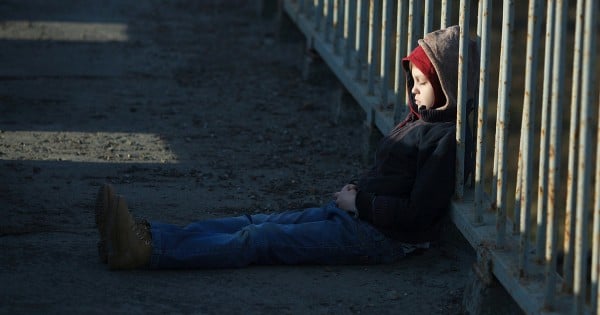
I taught myself about orphanages 12 years ago, not actually because of my work as a human biologist but because of my daughter. She was born in 2004 and her first 14 months of life were spent in an orphanage in China.
I am well acquainted with the vast body of research that shows the physical and psychological harms of deprived environments. Orphanages can arguably be placed under this category along with other places such as refugee camps and some hospitals where children lack close contact and attention. Deprivation comes in many shapes and forms: lack of food, diseases, maltreatment, and child abuse are some of the harms that come to mind. However, I would argue that deprivation of love can be just as deadly.
When I started researching orphanages and child health I read the classic works of paediatrician Harry Bakwin, psychologist John Bowlby and psychiatrist Harry Edelston. At the beginning of the 20th century, in the US and the UK, the death rates among infants placed in orphanages, nurseries, and foundling hospitals were, in some cases, close to 100%. London’s Foundling Museum documents in depth these harsh realities. In the 1940s, the work of psychoanalyst Rene Spitz further documented high infant death rates (one out of three) and, among the babies who didn’t die, high percentages of cognitive, behavioural and psychological dysfunction.
Most of these deaths were not due to starvation or disease, but to severe emotional and sensorial deprivation – in other words, a lack of love. These babies were fed and medically treated, but they were absolutely deprived of important stimulation, especially touch and affection.






























































































